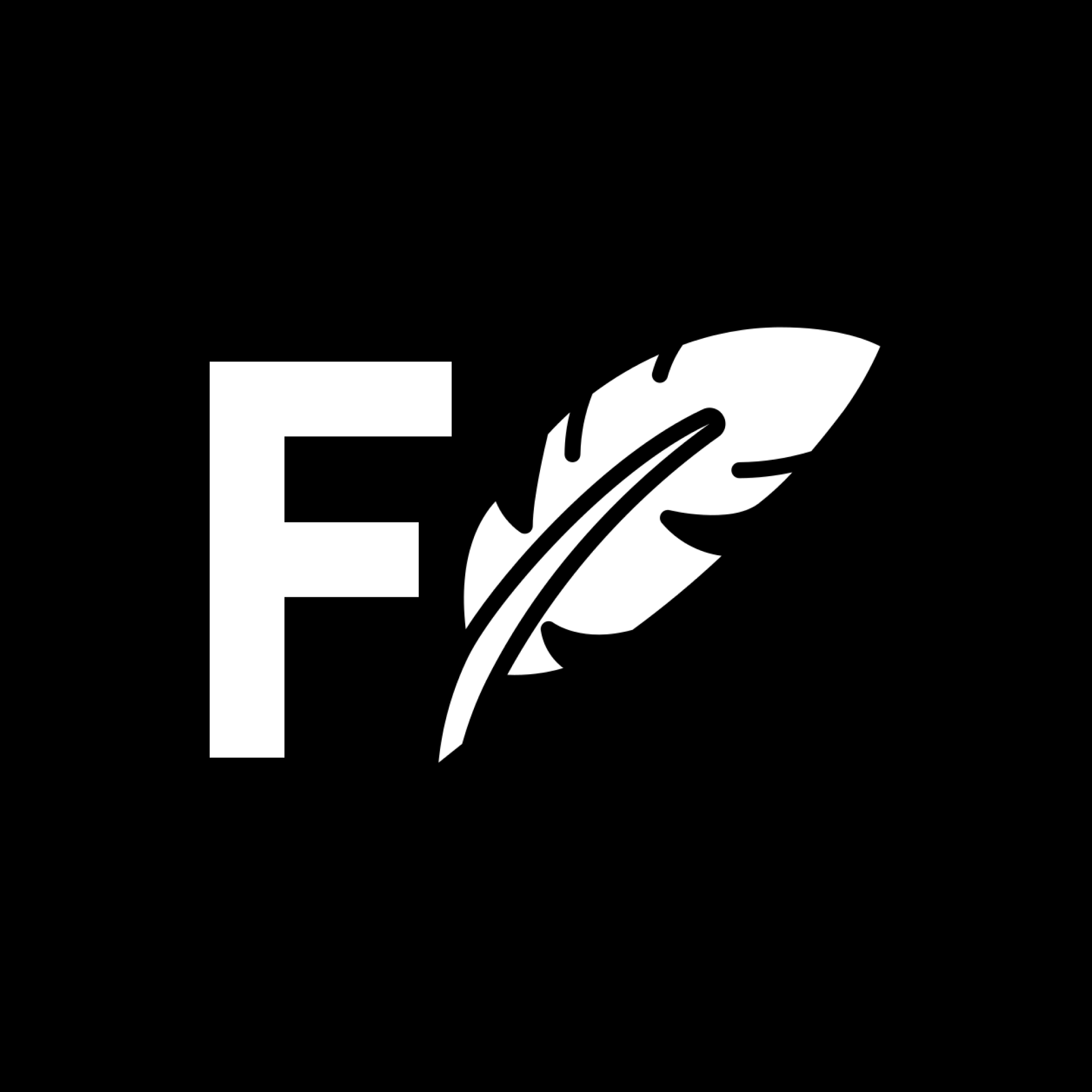In tandem with the Lebanese army, UNIFIL forces patrol the Blue Line separating Israel and Lebanon.
The UN peacekeeping force in Lebanon has been policing the tense border for decades. It claims to have been under constant fire in the Israeli-Hezbollah conflict in recent days.
This is a Synopsis:
monitors of ceasefiresWhen Israeli forces invaded Lebanon in 1978 to stop Palestinian attacks on northern Israel, they established the United Nations Interim Force in Lebanon (UNIFIL) to oversee their departure.Israel did not leave south Lebanon until 2000, having invaded the country once more in 1982.Resolution 1701 of the UN Security Council strengthened UNIFIL’s role following the 2006 war between Israel and the militant Lebanese group Hezbollah.

Members of the Lebanese civil defence battle a fire at the site of an Israeli strike on Beirut’s Basta neighbourhood on October 11, 2024. (Photo by AFP)
Its peacekeepers were assigned to keep an eye on the two sides’ cease-fire.The town of Naqura in southern Lebanon, which has hosted oblique negotiations on a final border between the two sides in recent years, serves as the mission’s headquarters.Along the Blue Line separating Israel and Lebanon, UNIFIL forces patrol in tandem with the Lebanese army.They must also assist in meeting the needs of the general populace.
From Indonesia to IrelandThe mandate of UNIFIL was extended for an additional year by the Security Council in late August.Approximately 10,000 people are involved in the peacekeeping mission, of which over 9,500 are foreign troops.In terms of sheer numbers, the soldiers are primarily from Indonesia, India, Ghana, Nepal, Italy, and Malaysia; they are also from Spain, France, China, and Ireland.Aroldo Lazaro, a Spanish general, is in charge of the mission.
Since 1978, 334 members have left the group. tunnels used by HezbollahThe Lebanese army and UN peacekeepers were to be the only armed forces stationed in the southern region of the country, according to Resolution 1701.Although Hezbollah has not maintained a visible military presence in the border region since 2006, it still controls a sizable portion of the south, where it has constructed tunnels and hideouts and launched attacks. “Coordination channel”UNIFIL patrols have historically been harassed; in December 2022, an Irish soldier serving with the force was killed and three other soldiers were injured when their convoy was attacked in south Lebanon.Following the most recent Gaza war, which began on October 7th of last year when the Palestinian militant group Hamas attacked Israel, Hezbollah began exchanging almost daily cross-border gunfire with Israeli forces in support of its Islamist ally.
In August, UNIFIL’s role as a “liaison channel” between the two sides was deemed “more important than ever,” according to UN peacekeeper chief for the world Jean-Pierre Lacroix.According to him, their role was crucial in providing information to all parties involved when rescuers had to assist injured individuals or bring back the bodies of deceased individuals.
Injured Peacekeepers
Since last week, Israel has declared “targeted” incursions into Lebanon against the group backed by Iran, which has declared on numerous occasions that it is rebuffing Israeli troops near the border.International condemnation has followed UNIFIL’s statement that its headquarters and adjacent positions “have been repeatedly hit” in recent days.Additionally, it stated that two Indonesian Blue Helmets were hurt on Thursday when an Israeli tank opened fire on a UNIFIL observation tower.The mission reported on Friday that two explosions near an observation tower on Friday injured two members of its team who are from Sri Lanka.
